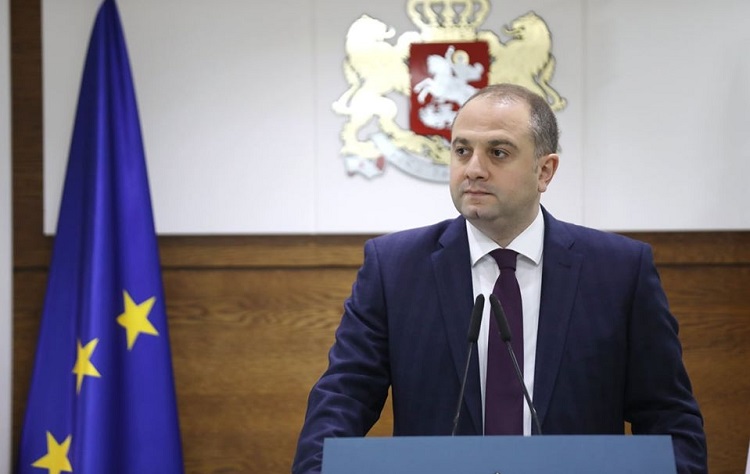EU: ‘Georgia continues to be a reliable and important partner for the European Union’

The EU released its report on Georgia yesterday. Photo: Nino Alavidze/Agenda.ge.
The European Union has released its 4th annual Association Implementation Report on Georgia, which reads that Georgia remains committed to the implementation of the EU-Georgia Association Agreement, stating that the coming months ‘will be key for Georgia’ to tackle increasing political polarisation and to demonstrate its continued reform commitment, particularly in the areas of electoral and judicial reform.
Georgia continues to be a reliable and important partner for the European Union. We will be closely following political developments over the coming months, in light of the worrying increase in political polarisation in the country. We expect a level playing field and pluralism in the media environment for the elections later this year”, said High Representative/Vice-President Josep Borrell.
He stated that the European Union ‘firmly supports’ Georgia's territorial integrity within its internationally recognised borders.
Our engagement in conflict resolution remains strong through the work of the EU Special Representative and the EU Monitoring Mission”.
Commissioner for Neighbourhood and Enlargement, Oliver Varhelyi, stated that ‘it is crucial that Georgia continue to progress on the implementation of key reforms under the EU-Georgia Association Agreement.’
 Georgian Prime Minister Giorgi Gakharia’s Advisor for Foreign Affairs Irakli Chikovani has stated that the report once again conformed Georgia's commitment for democratic values and European integration.
Georgian Prime Minister Giorgi Gakharia’s Advisor for Foreign Affairs Irakli Chikovani has stated that the report once again conformed Georgia's commitment for democratic values and European integration.
Additional structural reforms, for instance on financial infrastructure, better integration in global markets, and improving the investment climate are required to make Georgia's economy more resilient. Continuing to fight abuses of the visa free regime also remains key. The European Union is ready to provide further assistance to support Georgia's efforts,” EU press office cited Varhelyi as saying.
The report says that ‘with the EU as Georgia's largest trade partner, the country has further aligned its legislation with EU standards and norms to facilitate the trade of food and non-food products.’
Additional structural reforms are required to make Georgia's economy less vulnerable to external developments and to enhance the investment climate.”
The report says that while efforts towards drafting energy sector legislation have continued, Georgia's overall level of implementation of the energy acquis only amounts to 25 per cent, urging for adoption of energy efficiency laws.
Georgian Prime Minister Giorgi Gakharia’s Advisor for Foreign Affairs Irakli Chikovani has stated that the report “once again confirmed the firm will of the Georgian government to carry out all the reforms for Georgia to become an integral part of the EU.’
He stated that the report also confirmed the ‘effectiveness of the reforms being carried out in the country.’
 Tweet
Tweet  Share
Share